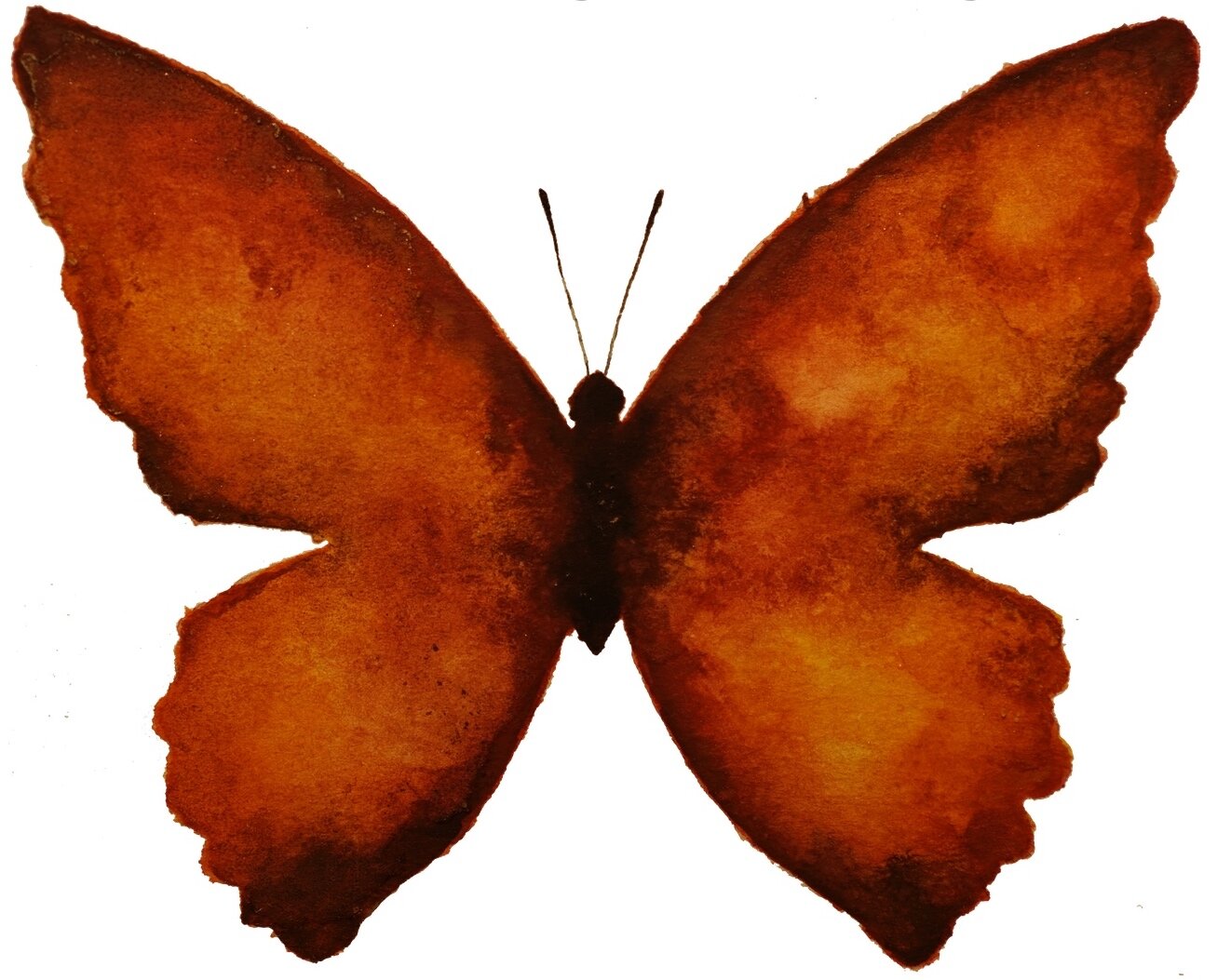431: Are Anxiety Symptoms Real or are they just in My Head?

Today, we are responding to a listener question asking if anxiety symptoms are real or just in our head.
Let’s begin by looking at some common symptoms of anxiety:
Panic, fear, and uneasiness
Being easily startled, jumpy, or on edge
Sleep disturbance
Feeling unsettled, fidgety, finding it hard to be still
Numb or tingling hands or feet
Shortness of breath
Heart palpitations
Feeling cold, or hot with sweating
Dry mouth
Digestive disturbance: constipation or upset stomach
Nausea
Dizziness
Feeling ungrounded
When you look through the list, it’s clear that many of these symptoms are very real and physical.
The more compassionate medical view on this allows for the fact that anxiety and stress provoke the release of hormones into our bloodstream that causes both physiological and emotional results.
When we experience brief spells of stress the body releases stress hormones that provoke physical symptoms and changes; when that stress passes the symptoms will settle too.
The challenge with anxiety is that we can get stuck in a fight or flight state and experience ongoing symptoms because the body doesn’t get the chance to stand down from stress.
Anxiety symptoms are real. They are happening in the body, but they are affected by what happens in our mind.
Ayurveda and Anxiety Symptoms
Let’s look at a deeper understanding of anxiety symptoms from Ayurveda (India’s ancient Science of Life) and talk about how we can show ourselves compassion for what anxiety causes in our body and what we can do to lessen the symptoms.
Western medicine tends to separate the mind from the body which can add to our self-doubt and suffering. In Ayurveda, the body and mind are regarded together, and they both affect each other.
Ayurveda regards anxiety as vata disturbance. Vata is one of the three types described in Ayurveda, and it’s the type most prone to experience anxiety, but as we have mentioned before, anyone can become vata disturbed.
If you’re new to the Anxiety Slayer podcast, you can find out more about Ayurveda by listening to previous episodes or looking at our Ayurveda Body Type quiz
If we look at the symptoms of vata imbalance, we can see that they are very similar to the list of anxiety symptoms we mentioned earlier.
Signs of Vata imbalance include:
nervousness, anxiety, panic and fear
shaking, tics, and muscle spasms
tingling feelings
constipation and/or bloating
disturbed, or interrupted sleep
feeling ungrounded, spaced out or scattered
finding it hard to be still ro quiet
lightheadedness
palpitations
digestive disturbance
Vata is responsible for all movement in our body. From our thoughts, the blinking of our eyes, the steadiness of our hands, to the movement of what we eat through our body, Vata governs it all.
So when we feel shaky or twitchy we can understand it’s physical - it is definitely happening in the body, and Ayurveda teaches this is Vata disturbance.
Knowing this gives hope in overcoming anxiety symptoms. It encourages self-compassion in understanding that this isn’t all in our heads, there are definite physical symptoms.
Taking this understanding further, Ayurveda gives guidance on how to calm anxiety symptoms.
This is something we’ve addressed in other episodes, but we’ll give some general guidelines here too.
The key practices to help reduce anxiety symptoms are:
Warmth:
Warm foods, warm sleeping place, wrapping up warm when you go out and covering your ears in cold, windy weather.
Peace:
Ayurveda considers over-stimulation to be the primary cause of anxiety. Change, travel, disrupted routine, too much incoming information from screens and caffeine all provoke anxiety and its symptoms. Building quiet into your day wherever you can helps. Noise cancelling headphones and earplugs help turn down the noise that can challenge anxiety sufferers. Reading instead of scrolling feeds and calms the mind instead of stirring it up.
Routine:
Vata is disturbed by change. Try getting up and going to bed as close to the same time each day as you can. And try and establish a morning routine that supports calming anxiety. Some gentle yoga or qigong, and a warm, nourishing breakfast like oatmeal with cinnamon. Allow time for morning self-care and avoid starting your day in a rush with a cup of coffee.
In the evening: Diffusing lavender oil and playing gentle music while you stretch and take some deep breaths will help you release stress and tension before settling down to sleep. Listening to a guided meditation (add link) is a good practice for calming restless thoughts and improving sleep.
Oil Massage:
One of the most effective things you can do to calm the symptoms of anxiety is practice oil massage. We have a lesson on exactly how to do this in our new Anxiety Slayer First Responder Course for Health Anxiety.
Thanks again for listening to the Anxiety Slayer podcast and being part of our community.
